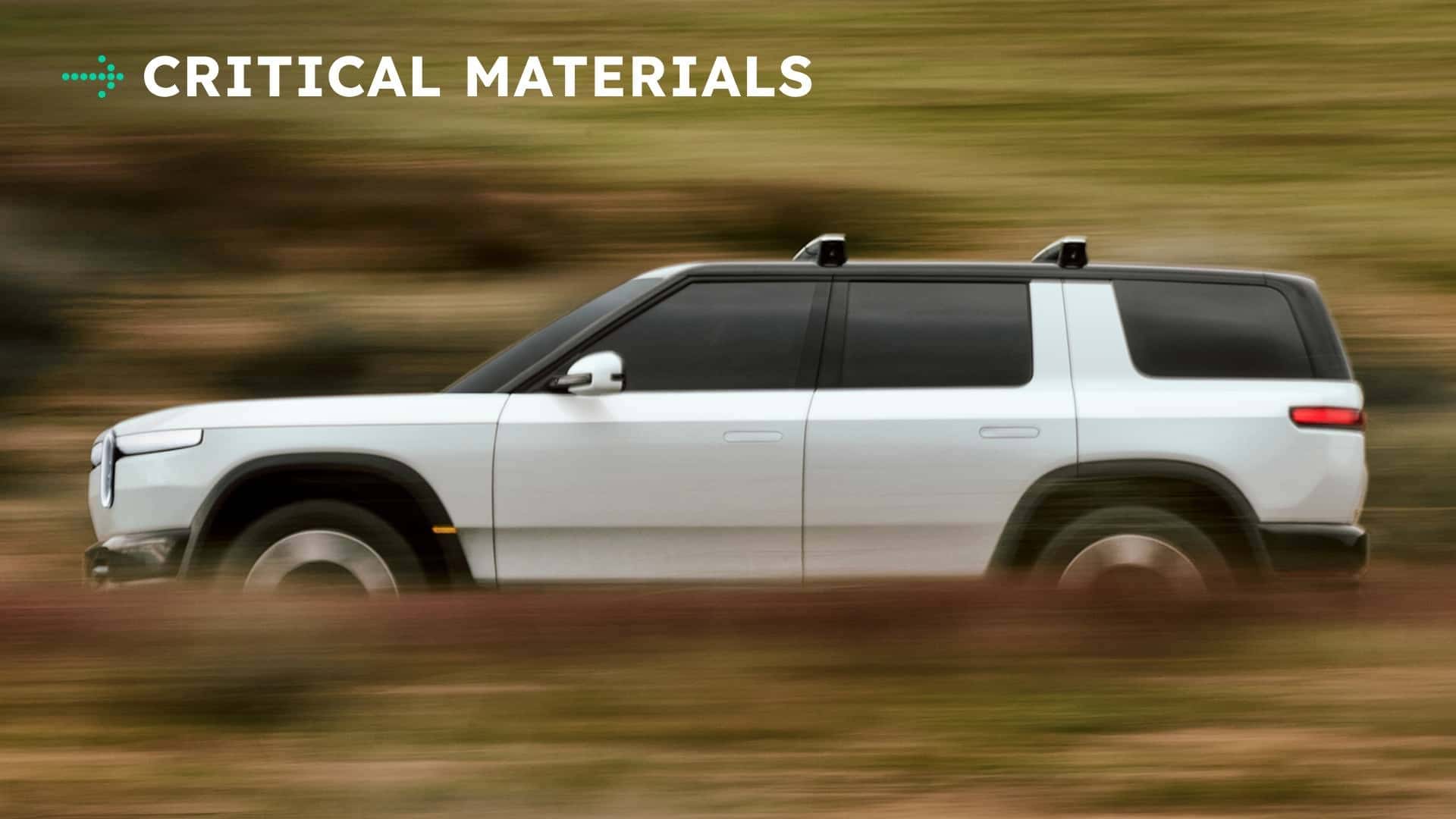The landscape for electric vehicle (EV) startups, including Rivian, Lucid Motors, and Slate Auto, is shifting dramatically as the $7,500 EV tax credit approaches its expiration on September 30, 2023. This change threatens to significantly impact these companies that have relied on federal incentives to attract buyers and establish themselves in a competitive market dominated by established automakers.
In recent years, the auto industry has faced numerous challenges, including pandemic-induced supply chain disruptions and surging vehicle prices. As the tax credit fades, newer EV manufacturers will need to navigate a tougher market landscape. The upcoming absence of this financial support may lead to a substantial drop in sales, with analysts projecting a potential decrease in the overall EV market share from 8% to as low as 4% or 5%.
Newcomers like Slate Auto, which had aspirations of offering a budget-friendly pickup truck priced under $20,000, now find themselves recalibrating their strategies. The company has acknowledged that without the tax credit, it may have to raise its prices into the mid-$20,000s, making it less competitive against traditional brands like Ford that offer more features for a similar price.
Karl Brauer, an executive analyst at iSeeCars, highlighted the challenge ahead for these startups: “Most car buyers care about practicality,” he noted. With prices rising, consumers may opt for established models that provide additional comforts, leading to a more challenging environment for companies like Slate.
Rivian and Lucid, both heavily invested in scaling their production, are also bracing for the impact of the tax credit’s expiration. Rivian anticipates a sales drop between 11% and 23% in the coming year, despite selling 51,579 vehicles last year. Meanwhile, Lucid aims to double its production, although the majority of its offerings do not qualify for the tax credit, limiting their appeal.
The repercussions of the tax credit’s removal extend beyond individual companies. Rivian and Lucid could find themselves catering primarily to dedicated EV enthusiasts, as the loss of financial incentives may deter more casual buyers.
Hyundai and Kia Shift Focus to European Market
While American EV manufacturers grapple with these challenges, brands like Hyundai and Kia are pivoting their strategies towards the European market. With the impending loss of the $7,500 tax incentive, these automakers are redirecting their efforts to capitalize on Europe’s robust demand for eco-friendly vehicles.
According to the Korea Times, Hyundai has indicated that Europe will play a pivotal role in its efforts to recover investments in electric cars. The company has already invested significantly in developing new EV models and relocating production to the U.S. to access federal incentives. With these incentives diminishing, the focus is shifting to Europe, where policies still favor low-emission vehicles.
An industry official mentioned, “Hit by the tariff imposition and reduced EV incentives from the U.S., Europe will become a major battlefield for global EV makers.” Hyundai aims to leverage its competitive edge in EV offerings to strengthen its market presence in Europe.
This strategic shift signals a broader trend among automakers, particularly foreign brands, to reassess their market strategies in response to changing U.S. policies. American consumers may soon find themselves in a landscape where domestic automakers are less incentivized to produce affordable EVs, potentially leaving a gap that foreign manufacturers could fill.
Community Concerns Surround Tesla’s New Diner
In another development within the automotive landscape, Tesla’s new 24-hour diner in Hollywood has sparked controversy among local residents. Many neighbors have voiced their frustrations about the noise and disruptions caused by the diner, which features car-hop service and charging stations.
Residents report that construction noise and traffic congestion have significantly impacted their quality of life, leading some to relocate. One former resident described the situation as “unlivable,” citing issues such as excessive construction hours and bright lights affecting their apartments.
Despite the challenges faced by Tesla’s diner, it represents a growing trend of integrating automotive services with lifestyle experiences. Tesla CEO Elon Musk has hinted that this diner concept could be replicated in other cities, raising concerns among residents about the implications for their communities.
As the electric vehicle market continues to evolve, the upcoming expiration of the EV tax credit serves as a critical point in determining the future trajectories of both established and emerging automakers. The next few months will reveal which brands can adapt to the changing landscape and thrive in an increasingly competitive environment.
